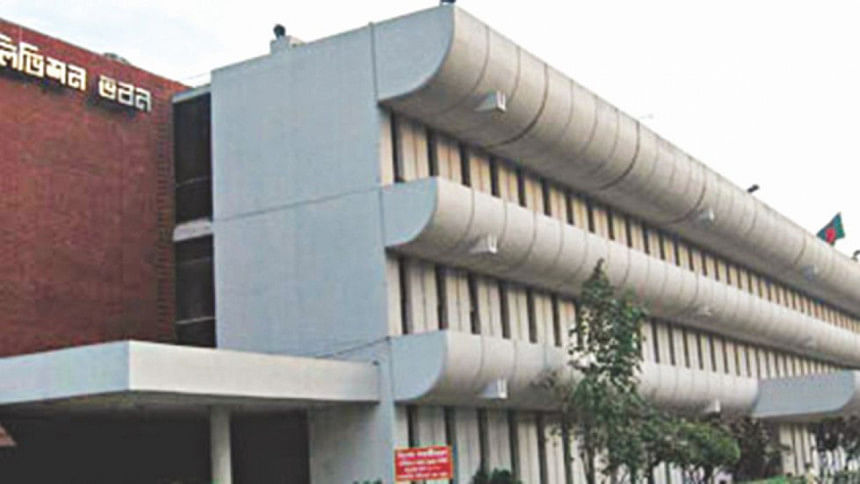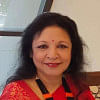More than half a century of Bangladesh Television

There came a big cardboard box and we gathered around the box as the electrician took out a black- coloured box and fitted it in our living room. It was NIPON TV set, bought as a gift for my grandmother Begum Abbasuddin Ahmed. Little did I know that this black box was going to be my bloodline for over fifty years and I was to seek a career on Television.
I witnessed the beginning of an era. The ever talented Mustafa Monowar frequented our house in Purana Paltan, the house of the legendary musician Abbasuddin Ahmed, which was already the centre of arts and artistry for the residents of Dhaka city. I heard their conversations that a new thing, TV, was going to start. I had no idea what that meant, but felt very left out when Mustafa Monowar asked Uncle Abbasi to sing, Aunt Ferdausi to start the TV as its first performer. Moreover, he discussed a quiz show with my father, who was to host this youth programme and no one asked me to do anything!
Finally, Mustafa Monowar noted my presence as I sat in the verandah with my hands in my cheek. He asked me if I could introduce some of the child artists who would sing and dance, and if I could sing a song. And thus my career started on TV. That was fifty one years back, exactly in December 1964.
BTV was the only channel in Bangladesh, and everyone who had a TV set was glued to the programmes. Appearing on TV meant that you were known to the whole of Bangladesh. The erudite producers who joined and developed themselves with exponential growth produced exemplary programmes which had both entertainment and intellectual direction. Debate competitions by Belal Baig, musical programmes by Md Barkatullah, Nawazish Ali Khan, dramas by Abdullah Al Mamun, Atikul Huq Chowdhury, Children's programmes by Sakina Akhter, news, news casters, all had special appeal. If Alam Rashid appeared as a newscaster, the entire city would go gaga over him. The same was for announcers Hena Kabir and Masuma Khatun. It was a time of great emancipation and the countrymen tasted a great introduction to a very sophisticated form of art, culture, language, literature, archaeology, patriotism, education, and literary rejuvenation appearing from this little box, which was hitherto unknown to the audience.
The standards were very high as Mustafa Monowar himself had very high standards. He trained us for perfect delivery, be it in live or recorded programmes. His colleagues also practiced the same. The weekly drama was a special treat for all teenagers, as their parents allowed them to watch. It was worthy of being watched. The writer, the producer, the actor/actresses delivered to the best of their abilities and in comparison with today's high tech, high budget productions, those dramas had more impact on society, than many do now.
On one occasion, I remember opening our living room door to find Producer Atikul Huq Chowdhury waiting to meet my grandmother. He, I learnt, had come to collect wooden decoration pieces which Abbasuddin Ahmed had bought from Burma. One was a wooden figure (Burma teak) of two eagles and another was a collection of the heads of several animals. So acute was his observation that he borrowed these items for one of his dramas. Mustafa Monowar borrowed my aunt's ring for the 'Raja' (portrayed by actor Mustafa) in the famous drama (Tagorian) 'Rakta Korobi'.
The song 'Momotaz, Momotaz' was sung by Feroza Begum. The background depicted a Tajmahal. Poet Nazrul Islam came to life through this visual demonstration and it has stayed with us forever.
The enthuse of winning 'Notun Kuri' competitions, the joy of adult literacy being taught on TV, special 'Amjad Hossain' dramas on Eid days, Aly Zaker's masterpieces, Asaduzzaman Noor in Humayun Ahmed specials, brought the entire nation together. Among other roles that the BTV has played, the one role that is outstanding is that BTV created an impact on the mind of the audience. It gave us a direction of what Bangladeshi culture should be.
The writer is an academician, Nazrul exponent and writer.

 For all latest news, follow The Daily Star's Google News channel.
For all latest news, follow The Daily Star's Google News channel. 



Comments